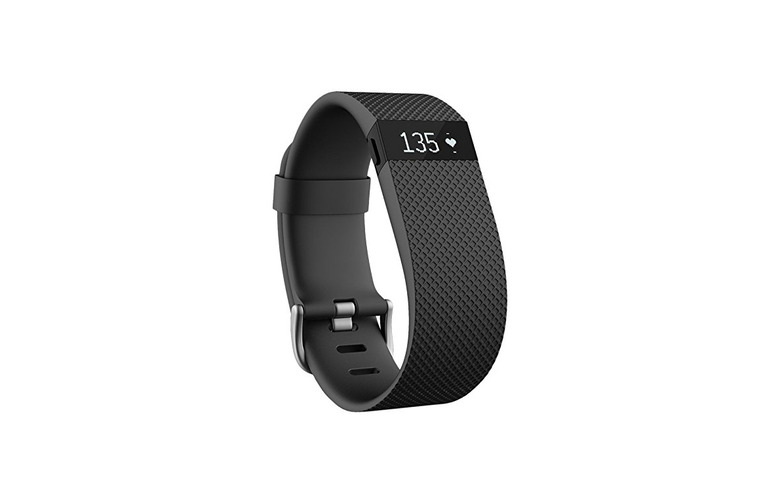10 Things You Didn't Know About Weight Watchers
Even if you've never signed up for Weight Watchers, you most likely know someone who has. The ubiquitous weight-loss company, which recently got a potentially life-saving boost thanks to a $43 million investment from none other than Oprah Winfrey, claims to use a science-driven approach to help members lose weight by eating healthier and getting more exercise. But even if you're a long-time member, we bet that there's a lot you don't know about this huge company.
It Aired Its First Super Bowl Commercial in 2015
Weight Watchers is no stranger to advertising, but it stayed away from the Super Bowl until earlier this year, when it aired an Aaron Paul-narrated PSA-style commercial that did a good job of aligning unhealthy food with drugs.
The Company Was Owned By Heinz for 19 Years
Yes, that Heinz. The company best known for its ketchup owned the company from 1978 to 1999, and continues to produce Weight Watchers-brand packaged food.
The PointsPlus Formulas Are a Closely-Guarded Secret
While several websites have claimed to have cracked the Points Plus code, they've been hit with cease-and-desist letters, and Weight Watchers has never made the calculations behind the code public.
They Bank on Repeat Business
In a 2001 letter to shareholders unearthed by Slate, the company bragged that its members have "demonstrated a consistent pattern of repeat enrollment over a number of years," signing up an average of four separate times. "People give Weight Watchers the credit when they lose weight," Slate's article reads. "Then they regain the weight and blame themselves. This sets them up to join Weight Watchers all over again, and they do."
The Average Member Keeps Off About Six Pounds After Two Years
While the average member loses 10-12 pounds, a long term study found that over the course of the next two years about half that weight comes back.
The “Maintenance” Period May Be the Most Difficult of All
Losing weight is one thing, but keeping it off is another. In order to lose weight and keep it off, your life needs to basically revolve around keeping track of everything you eat and how much you exercise, and all but five percent of dieters actually keep the weight off, according to Slate.
Failure Isn’t the Program’s Fault, or the Dieter’s
There's also lots of physical changes that the body undergoes when we're trying to lose weight, from the dreaded "plateau" (where you simply stop losing weight, no matter how hard you try) to changes in gut hormones that make it more difficult to feel full as a diet progresses to neurological changes that make high-calorie foods look so tempting that they're nearly impossible to resist. If Weight Watchers doesn't work for you, don't blame yourself, or the program. Blame thousands of years of human evolution.
Mindful Eating and Fitness Trackers Have Seriously Hurt the Company
Counting calories in order to get healthy is going the way of the Dodo, and while Weight Watchers has done its best to incorporate the paradigm shift toward whole foods and "mindful eating" via its Momentum Plan (which was introduced in 2008), it's still been playing catch-up. While shares of the company were plummeting, shares of wearable technology leader Fitbit continued to climb, and there are plenty of free smartphone apps for losing and managing weight as well.
Children Can Join with a Doctor’s Note
"In most instances, children ages 10-16 may join with a doctor's note identifying the weight goal for the child," according to the company. A parent or guardian also needs to sign their registration form.
Have a Website? You Can become an Affiliate
The company is speeding full-steam ahead with its affiliate program, which allows anyone with a website to place graphics and links to Weight Watchers on the site. If visitors to your site click the link and become members, you receive a commission.










